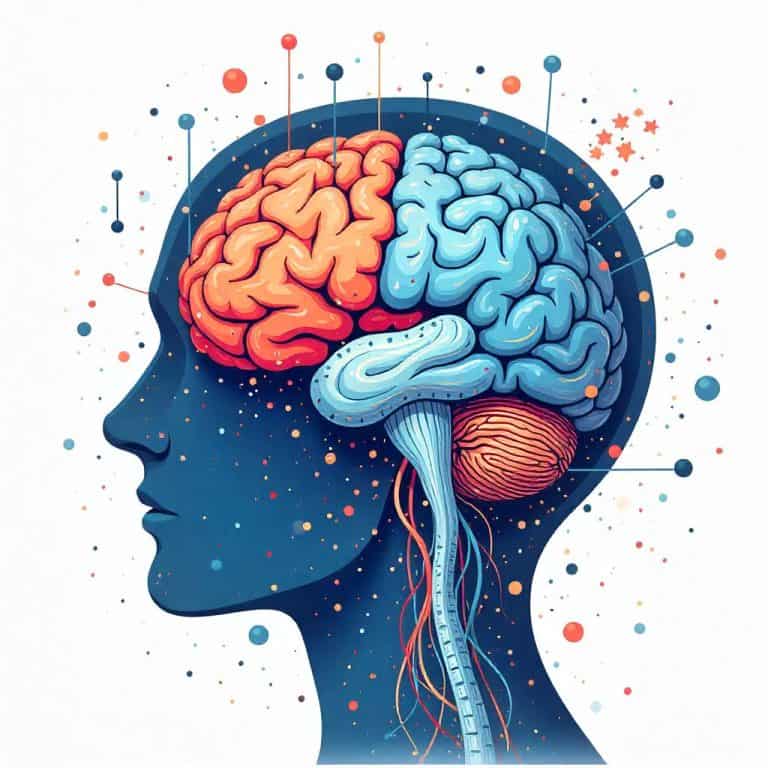Welcome to our online brain function quiz! The brain is an incredible organ that controls everything we do – from breathing to solving complex puzzles. In this quiz, you’ll learn about the different parts of the brain and how they work together to help us think, feel, and move.
Did you know that the brain is made up of billions of nerve cells called neurons? These neurons communicate with each other through electrical impulses, allowing us to think and feel. By understanding how the brain functions, we can learn more about ourselves and how we interact with the world around us.
So, let’s dive in and test your knowledge on this fascinating topic!
Play Brain Function Quiz
Instructions
- This quiz is multiple choice.
- Read each question carefully before selecting an answer.
- Choose the best answer for each question.
- You will see the missed questions with correct answers at the end of the quiz.
Quick Facts
- The brain is like a supercomputer, processing information and sending messages throughout the body.
- Different parts of the brain are responsible for different tasks, such as controlling movement, emotions, and memory.
- Eating a nutritious diet and getting enough sleep are important for keeping your brain healthy and functioning properly.
- Your brain is constantly changing and adapting based on new experiences and information it receives.
- Exercise is not only good for your body, but it also helps improve brain function by increasing blood flow and oxygen to the brain.
- Activities like reading, puzzles, and learning new skills can help keep your brain sharp and improve cognitive function.
- Your brain uses about 20% of your body’s energy, even though it only makes up about 2% of your body weight.
- Neurotransmitters are chemicals in the brain that help send messages between nerve cells, allowing different parts of the brain to communicate with each other.
- Chronic stress can have a negative impact on brain function, affecting memory, decision-making, and emotional regulation.
- Brain injuries, such as concussions, can have lasting effects on brain function and may require rehabilitation to help improve cognitive abilities.
Downloads
Study Tips
- Create a study schedule and stick to it.
- Find a quiet and comfortable study environment.
- Remove distractions such as phones and social media.
- Take breaks every 25-30 minutes to avoid burnout.
- Use active studying techniques like summarizing, highlighting, and teaching concepts to someone else.
- Practice retrieval by testing yourself with flashcards or practice quizzes.
- Stay organized with notes, study guides, and resources.
- Stay hydrated and eat brain-boosting foods like fruits, nuts, and whole grains.
- Get enough sleep to improve memory retention and cognitive function.
- Reward yourself for reaching study goals to stay motivated.
